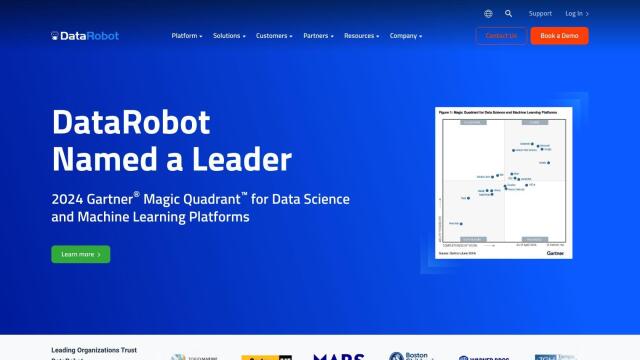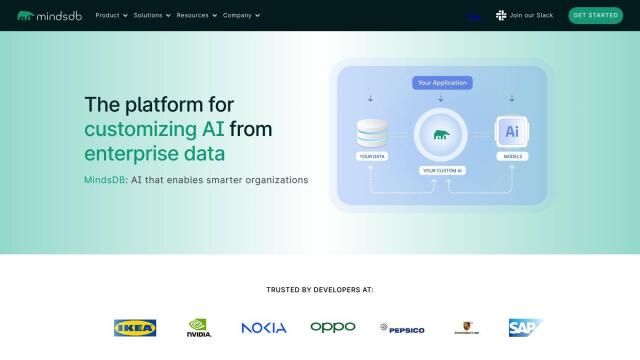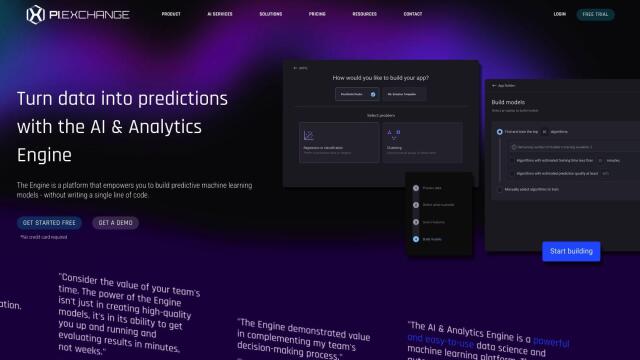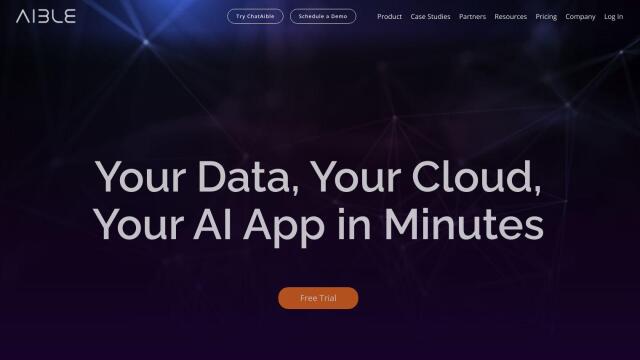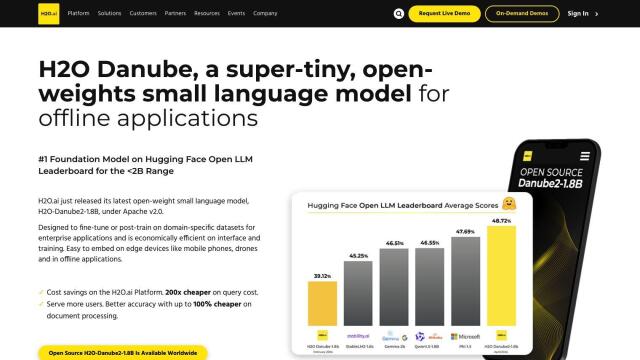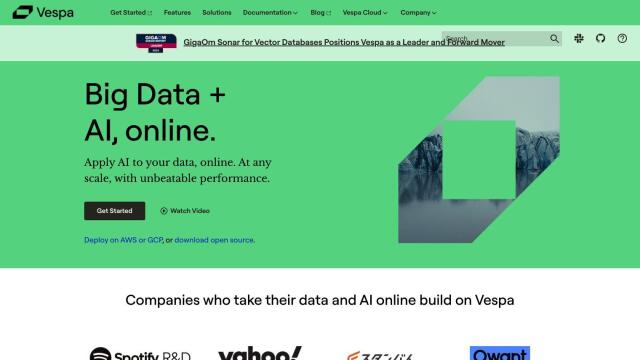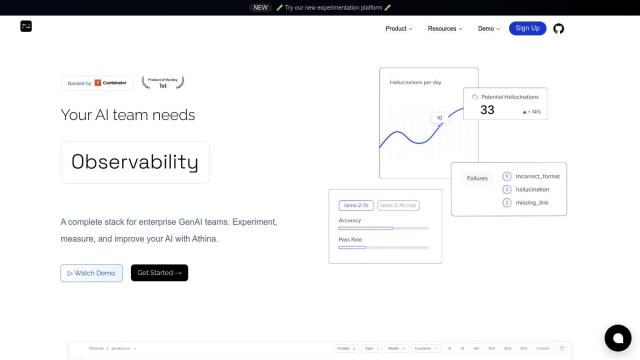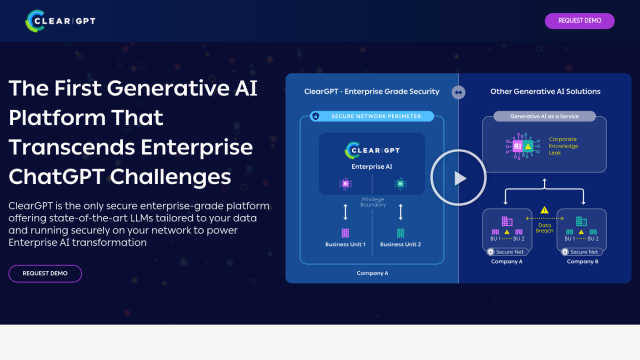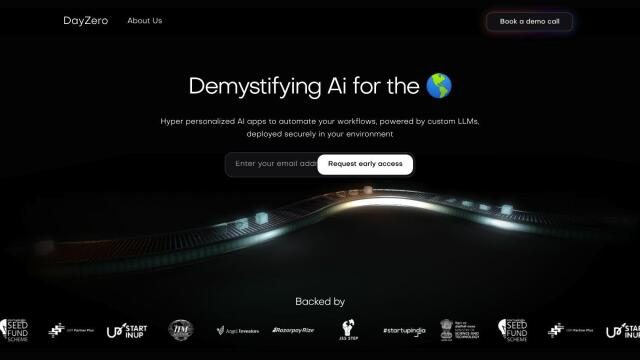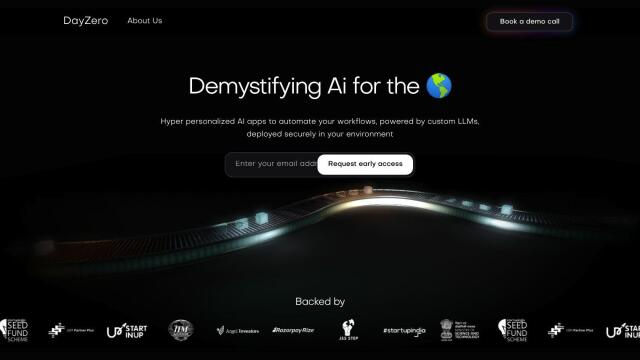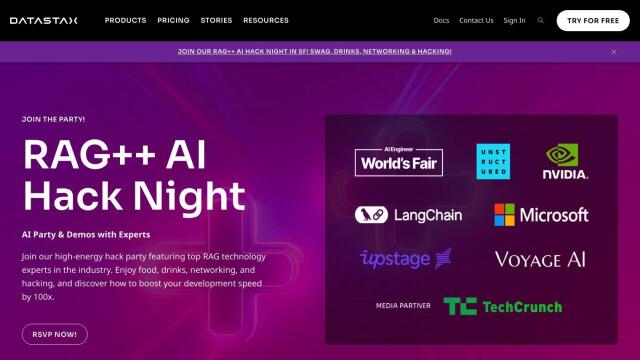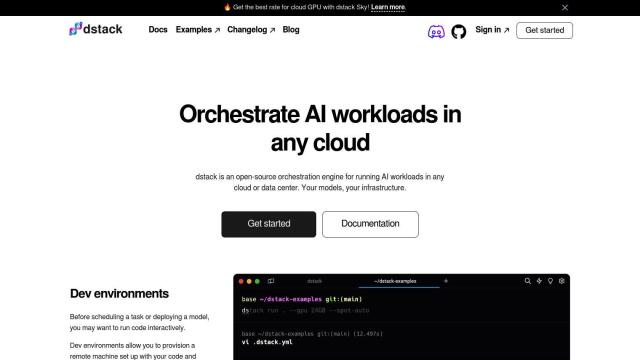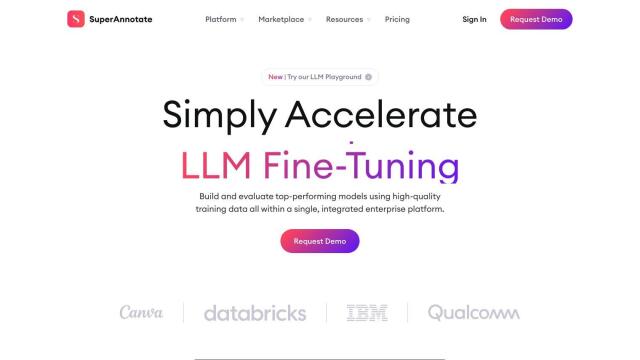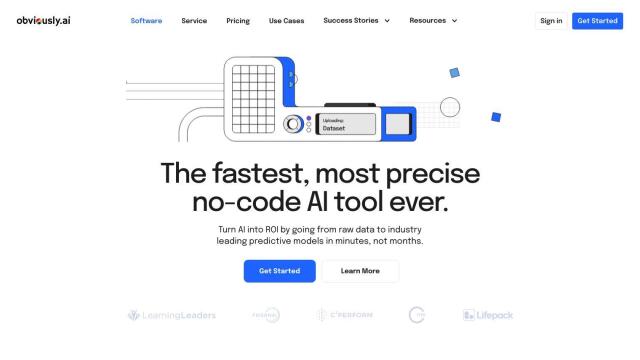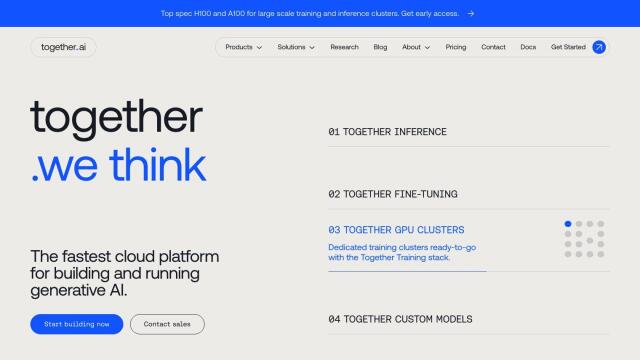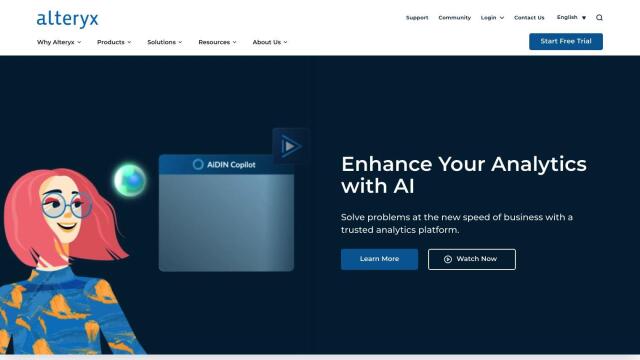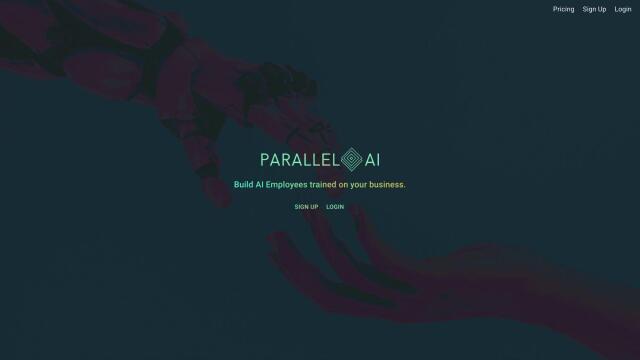Question: I need a solution that can handle large-scale industrial machine learning applications with enormous amounts of data.


Abacus.AI
If you're looking for a more mature solution to support large-scale industrial machine learning workloads with massive data sets, Abacus.AI is a good option. It's a full featured platform for building and running applied AI agents and systems at scale. With features like high availability, governance, and compliance, it can be used to automate complex tasks and perform real-time forecasting and anomaly detection. You can create custom AI agents, process data at scale, and set up pipelines for complex workflows with tools like notebook hosting and model monitoring.

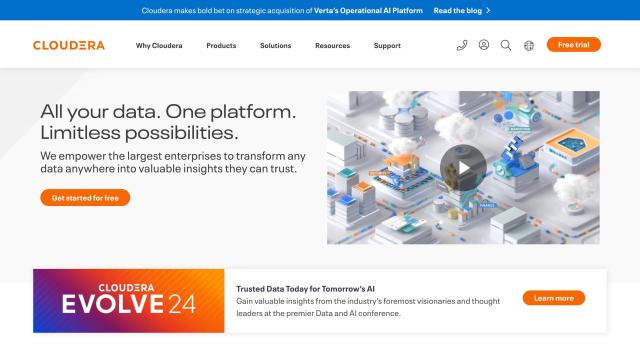
Cloudera
Another strong option is Cloudera, which offers a hybrid data platform for securely ingesting, processing, and analyzing data across cloud and on-premise environments. It aggregates massive amounts of data from multiple sources into a unified trusted source, enabling real-time insights, automated data pipelines and large-scale data analytics. Cloudera's platform is well-suited for industries like financial services, manufacturing and healthcare, where it can help optimize business operations and inform decision-making.

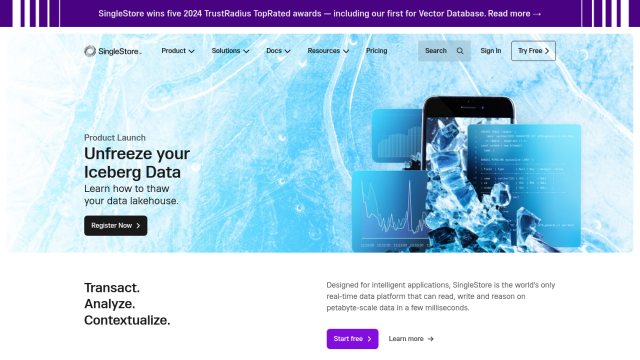
SingleStore
If you need a real-time data platform, SingleStore offers one that can read, write and reason on petabyte-scale data sets in milliseconds. It can handle both transactional and analytical data in one engine, ingest high-throughput streaming data and respond with millisecond query performance. SingleStore is geared for intelligent applications and comes with tools like Jupyter notebooks and data integration services, so it's a good option for AI workloads.


Anyscale
Last, Anyscale offers a platform for building, deploying and scaling AI workloads. Built on the open-source Ray framework, it supports a broad range of AI models including LLMs and traditional models, with features like workload scheduling, cloud flexibility and smart instance management. Anyscale promises cost savings and integrates with popular IDEs and storage systems, making it a good option for large-scale AI workloads.



